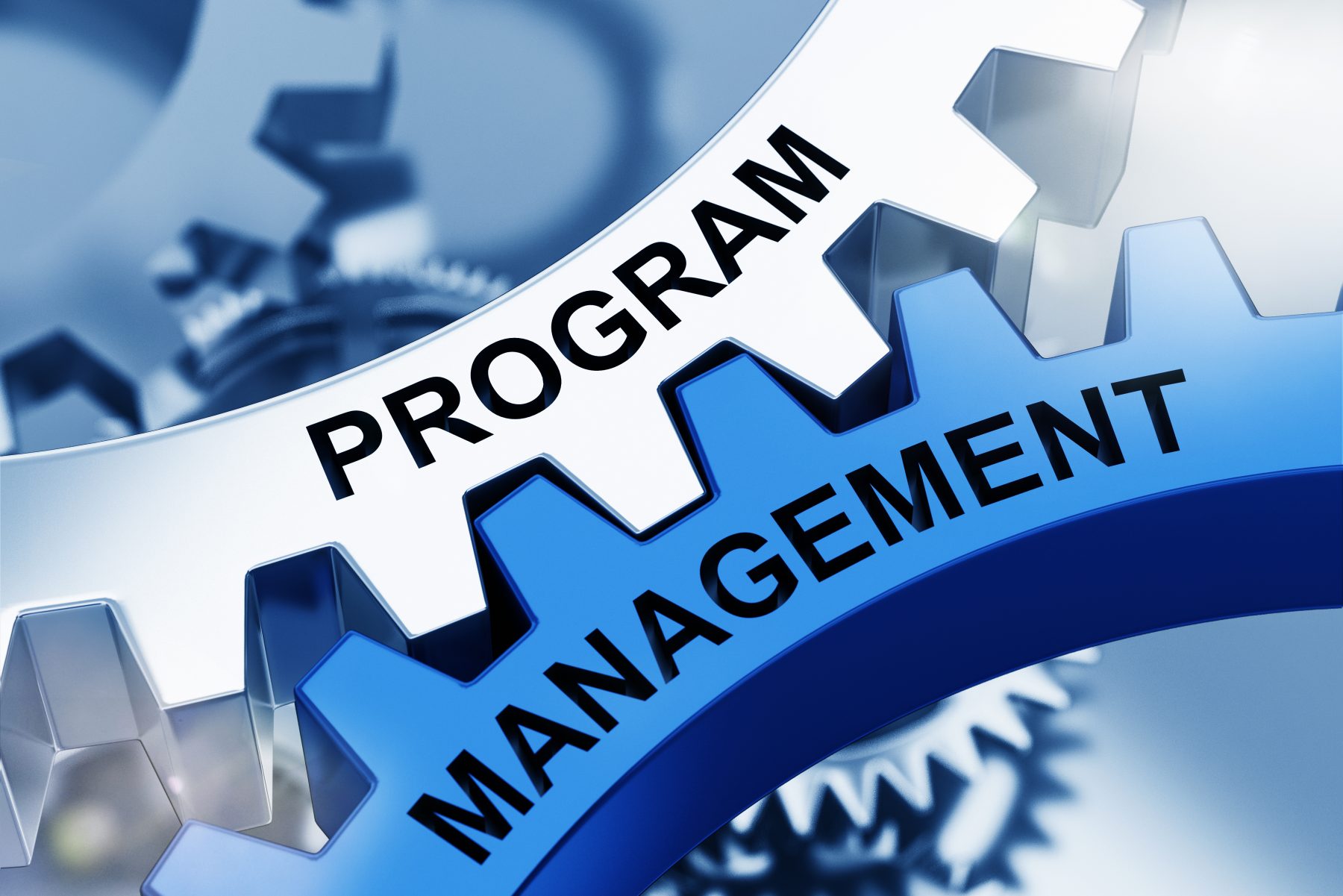Defining Terms: Program Management and Project Management in Entertainment Destination Development
It is critical to have distinct definitions for the terms, program management and project management, as they apply to destination development.
The terms “program management” and “project management” are frequently referenced in relation to large-scale developments, including those within the entertainment destination world.
While they are often used interchangeably, we believe it is critical to have distinct definitions for the terms as they apply to destination development. This includes understanding what constitutes the overall program or programs of a complex development endeavor, and where each individual project falls under these umbrellas.
In turn, this helps set more standardized expectations for the associated roles and is ultimately essential to the management of all workstreams—resulting in a streamlined development process that delivers a destination on time and on budget.
Program management and project management are both important fields that work in concert with each other. To fully understand the terms, we must first define a “program” and “project”:
• A program is a large undertaking made up of several smaller projects that are dependent on each other. Programs are often managed by several teams, and projects and tasks within the program are delegated to team members.
• A project is a component of a program that contributes to the whole. Several projects can be grouped together to create a program within the larger umbrella. Projects are task focused and tend to have short-term goals, whereas programs have broader, overarching goals.
Projects also have a defined end point, whereas programs can be ongoing for the lifespan of the themed destination. Projects address the minute details of finite issues related to time, budget, and resources applied to a given scope, while programs tend to take on an overarching—but just as critical—structure that keeps developments on track.
From there, program management and project management can be defined:
• Program management takes a macro view of the entertainment destination development process. The scope of program management is focused on the larger goals and direction of the destination. This involves mapping out each project and determining where it fits into the program and overseeing the progress of each project toward the final goal of delivering a theme park on time and within budget. Program managers are focused on strategy, implementation, and delegating projects appropriately and effectively.
• Project management takes a more cellular look at a project or set of projects within the main program. The person or team managing a project is responsible for breaking it down into individual tasks, delegating, solving problems, and monitoring progress. Project management guides the completion of tasks and ultimately the completion of each project—ideally on time and under budget.

Within the entertainment destination development world, we’ve found that the key to success for stakeholders is an in-house division or highly experienced partner that focuses on comprehensive program management, which naturally includes project management as well.
Strong program management must be both people oriented and task oriented, playing to the strengths of each team and varying individual workstyles. Successful program managers see the big picture and each project’s part in that picture.
Well-structured program management and project management are essential to any entertainment destination development, no matter the level of complexity.
A total program management scheme will also include successful individual project leads who are detail oriented, efficient, and acutely aware of any factors that affect the budget, cost, or quality of resources in a project.
For example, nFusion’s managers provide a range of services within the scopes of both program management and project management. These include: developing and managing schedules for the overall program and individual projects; preparing integrated delivery strategies; managing intellectual property integration; representing owner management; preparing cost estimates and project cost reports; overseeing project and team reporting, work plans, and schedules; administering contracts; managing risk; conducting gate reviews and deliverables submissions; and additional strategic advisory services.

Most entertainment destinations require that numerous programs and projects are broken down into thousands of tasks to deliver on time and within budget—and without strong program and project management systems in place, that would not be possible.
Well-structured program management and project management are essential to any entertainment destination development, no matter the level of complexity. Understanding the role each plays, as well as where those roles overlap, is critical to delivering these projects successfully.


